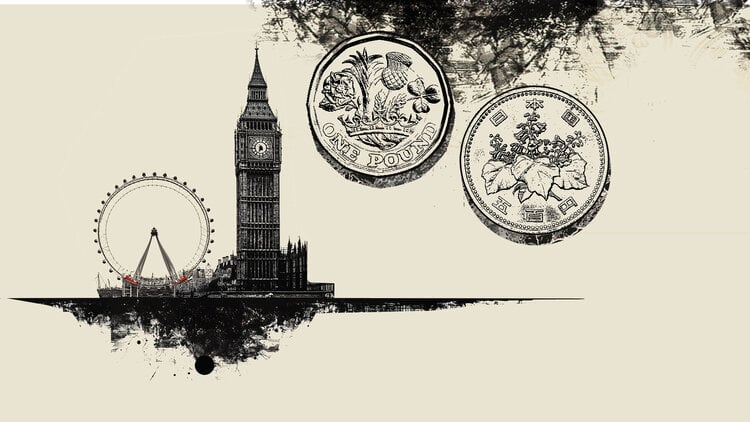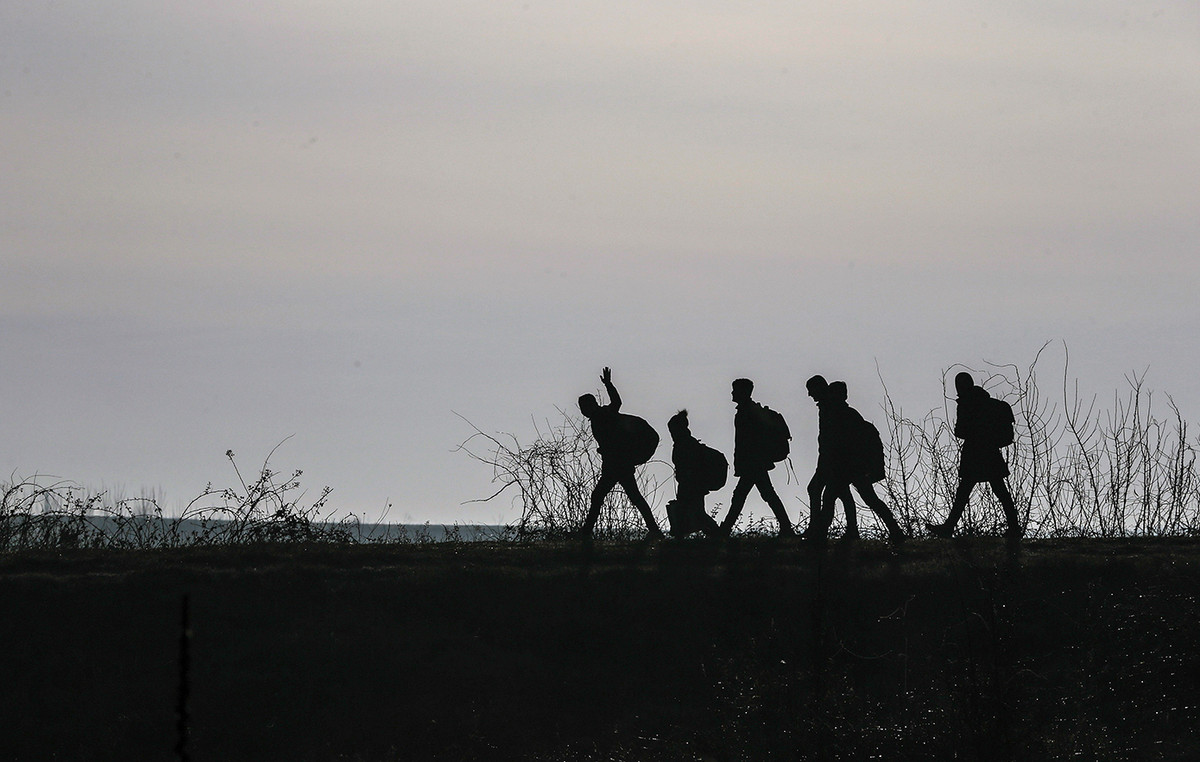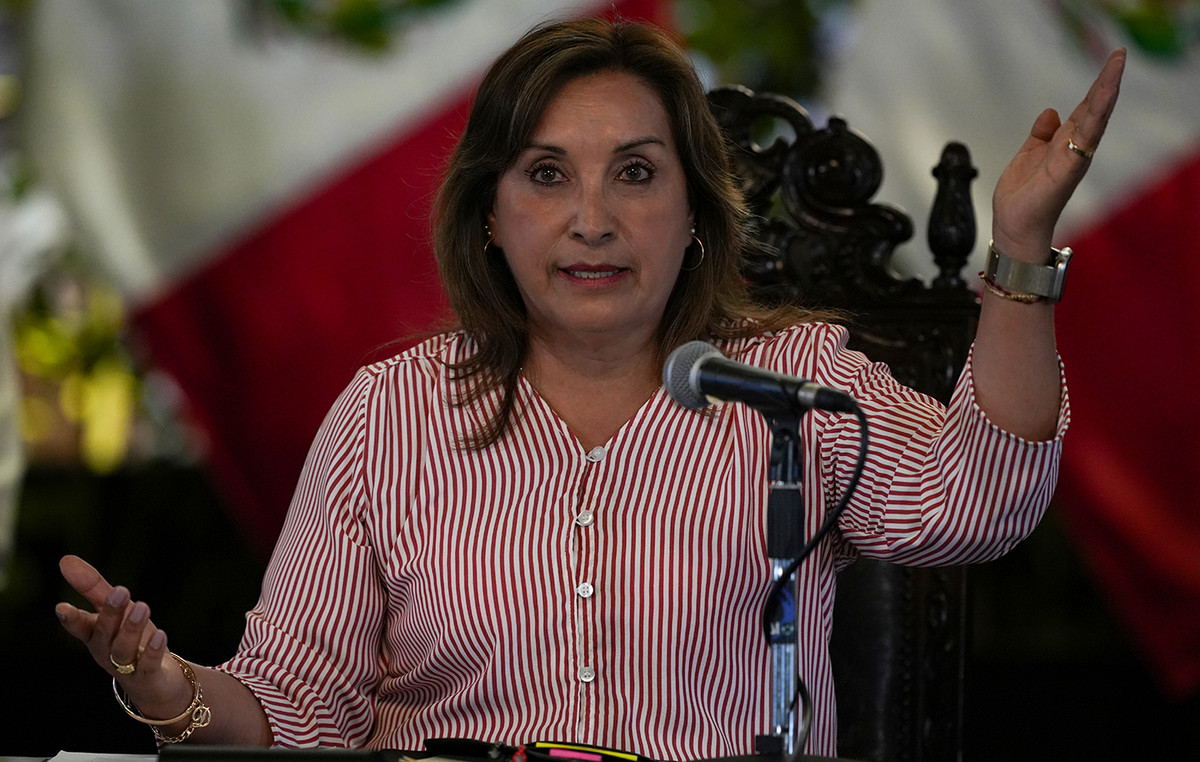New York Judge Juan Merchan agreed on Tuesday to give Manhattan prosecutors and Donald Trump’s lawyers a week to discuss how to proceed in the Republican’s bribery case now that he has been re-elected.
The action raises questions about whether the businessman will be sentenced after being convicted in May.
Thus, the ruling on Trump’s conviction in May is in jeopardy. Additionally, Special Counsel Jack Smith is in negotiations with Justice Department leadership about how to dismiss federal cases against the president-elect.
The case investigating alleged election subversion in Georgia remains delayed due to legal disputes involving Fulton County District Attorney Fani Willis. And a Trump-appointed federal judge dismissed charges against the Republican for allegedly mishandling confidential documents.
Postponement
Trump’s lawyers and the Manhattan district attorney’s office have agreed to delay the decision until Tuesday, November 19, to give the president-elect’s lawyers and office time to make new arguments about how the Republican’s election victory affects the case.
Merchan was expected to decide on Tuesday whether to overturn the corporate fraud conviction based on the Supreme Court ruling on presidential immunity.
Instead, both sides agreed to a motion to postpone existing deadlines.
Trump’s lawyer, Emil Bove, argued that the charges against his client should be dismissed.
“Suspension and dismissal are necessary to avoid unconstitutional impediments to President Trump’s ability to govern,” Bove wrote.
Understand the case
Trump was convicted of falsifying tax documents to hide payments to adult film actress Stormy Daniels before the 2016 election.
Merchan was expected to rule Tuesday on Trump’s motion to overturn his conviction on 34 counts of falsifying business records after the U.S. Supreme Court ruled in June that the Republican has immunity for official acts during his term in office.
The issue helped Trump delay his sentencing twice. The Supreme Court’s immunity decision also impacted the case in which Trump is investigated for alleged electoral subversion.
The president-elect argues that the charges should be dismissed — or at least his conviction should be overturned — because the district attorney’s office relied on evidence related to his official acts as president during his first term that should not have been presented to the jury at trial.
The Manhattan District Attorney “violated the doctrine of presidential immunity and the Supremacy Clause by relying on evidence related to President Trump’s official acts in 2017 and 2018 to unfairly harm President Trump in this unprecedented and baseless prosecution related to alleged business records ,” Trump’s lawyers wrote in July.
“Much of the evidence of unconstitutional official acts concerned actions taken pursuant to the ‘central’ executive power to which ‘absolute’ immunity applies.”
Manhattan District Attorney Alvin Bragg’s office argued, in turn, that Trump’s conviction should be upheld and that the evidence presented at trial was “overwhelming.”
Prosecutors point out that the Supreme Court ruling does not apply to this case because the crimes for which Trump was convicted — falsifying business records to interfere in the 2016 presidential election — were not “official acts” as president.
In court filings, Trump’s lawyers argued that trial testimony — including from White House advisers Hope Hicks and Madeleine Westerhout — and the Republican’s social media posts while he was president should not have been presented to the jury.
The lawyers also understand that the jury should not have heard any testimony from Hope Hicks about events in 2018, when she was the White House Communications Director.
The Supreme Court ruling “specifically prohibits prosecutors from offering ‘testimony’ from a president’s ‘advisers’ for the purpose of ‘investigating the official act,’” the businessman’s representatives wrote.
Trump’s lawyers also said that while president, he used his Twitter account (now X) as “one of the White House’s primary vehicles for conducting official business,” so they said tweets from Trump’s official account should not have been were presented as evidence at trial.
This includes a series of posts from 2018 denying the scheme to silence Stormy Daniels.
Prosecutors responded by arguing that Trump’s lawyers did not raise objections during the trial to most of the evidence they now question and therefore could not challenge it after the trial.
This content was originally published in Decision on annulment of Trump’s conviction in bribery case is postponed on the CNN Brasil website.
Source: CNN Brasil
Bruce Belcher is a seasoned author with over 5 years of experience in world news. He writes for online news websites and provides in-depth analysis on the world stock market. Bruce is known for his insightful perspectives and commitment to keeping the public informed.







